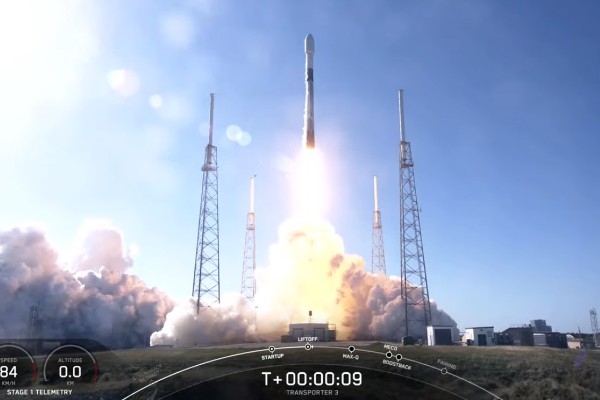Israeli students are conquering the final frontier.
By Pesach Benson, United With Israel
Eight mini-satellites created by Israeli students flew into space, carried into the heavens above Cape Canaveral by SpaceX Falcon 9 rocket on Thursday.
The launch culminated three years of work by eight teams from junior high schools across Israel participating in the Tevel program, a joint initiative o the Science and Technology Ministry and the Israel Space Agency.
The students from Sha’ar Hanegev, Ofakim, Yeruham, Taibe, Nazareth, Ma’ale Adumim, Givat Shmuel and Kiryat Ata gathered together in Herzliya to watch a live stream of the launch. They were joined by Israel Space Agency and ministry officials who could not have been prouder.
“I was fascinated by this incredible program,” said Science and Technology Minister Orit Farkash-Hacohen, who addressed the gathering by video. “To see groups of students from all across Israel — from Nazareth to Givat Shmuel, Jews and Arabs, from the south and the center — shows how much science and technology connects people.”
But getting the satellites into space is far from the end of the project. Students will continue monitoring and controlling the satellites from communication stations in several locations in Israel as the spacecraft carry out assorted experiments and tasks.
“The project connects the best that is in science, the best in space and the best in you,” Uri Oron, director general of the Israel Space Agency, said at the event.
The program isn’t the only Israel student endeavor in space.
Students from Israel and the United Arab Emirates are joining SpaceIL’s efforts to send Beresheet 2 to the moon in 2024. Acting as a mothership, Beresheet 2 will deploy a satellite developed by the students to orbit the moon and determine the precise moment of the new moon. The Jewish and Muslim calendars are based on the lunar cycle.
The mini-satellites were among 105 satellites from other countries the Falcon 9 ferried into space.
